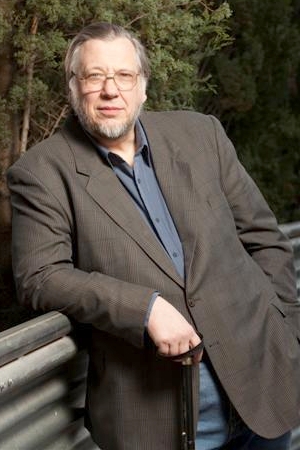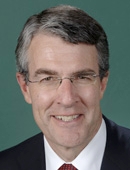Michael Judson is one of a strong contingent of Victorian polio campaigners heading to Canberra on Wednesday 31 October 2012. As well as telling his local Member about the late effects of polio, how they affect him, and what services he and his fellow polio survivors need, Michael will also be presenting Polio Australia’s Petition to this Federal Parliamentarian.
Michael was born in England in 1948 and lived in a small village in Lancashire. He contracted polio in late 1948. Michael was nursed at home as both his parents were qualified nurses so he was spared the experience of being isolated from his family for an extended period. However, he did spend time in hospital later for several operations, which he found bad enough. In 1973 Michael and his wife immigrated to Australia and their second child was born here. After employment in a number of roles in accounting and administration, Michael worked for himself enjoying a productive and active life before feeling the full force of the late effects of polio.

What is a memorable childhood experience?
I had constant visits to the specialist requiring trips of around 2 hours each way, and visits to the physiotherapist at the same hospital, which were extremely uncomfortable to say the least. I also realized that there were children far worse off when I saw a girl in the next bed wearing full-length calipers.
How have the late effects of polio impacted on you?
About 7 years ago I realized that I had some serious health issues and was diagnosed with the late effects of polio. I went from happily working under pressure for 100 hours a week, to having difficulty working even 15 hours a week. I now realise that I have to stop working regular hours and instead go into a mode where I work when, and for as long as, I am able to. This may happen at 3 am where I may only work for 20 minutes, or sometimes for several hours at another time.
Why are you going to Canberra?
The difficulties that polio survivors have are underrated by the medical and political systems. The number of polio survivors appears to be far greater than any “official” figures would indicate. Also, despite what many may think, we are going to be around for a long time yet as polio does not directly reduce life expectancy, so services will be needed until the last person infected with polio dies, which conservatively could be 60 or 70 years after the last case is diagnosed. The earlier that support is available the less is the impact on the individual, and the less money that is needed to support them.
Which Member of Parliament are you meeting with?
 The Hon Mark Dreyfus QC, MP
The Hon Mark Dreyfus QC, MP
Member for Isaacs, Victoria
Cabinet Secretary; Parliamentary Secretary for Industry and Innovation;
Parliamentary Secretary for Climate Change and Energy Efficiency
Party: Australian Labor Party
Chamber: House of Representatives
Support Michael and the “We’re Still Here!” campaign by sending him a message here.
Return to “We’re Still Here!” Campaign Heroes








